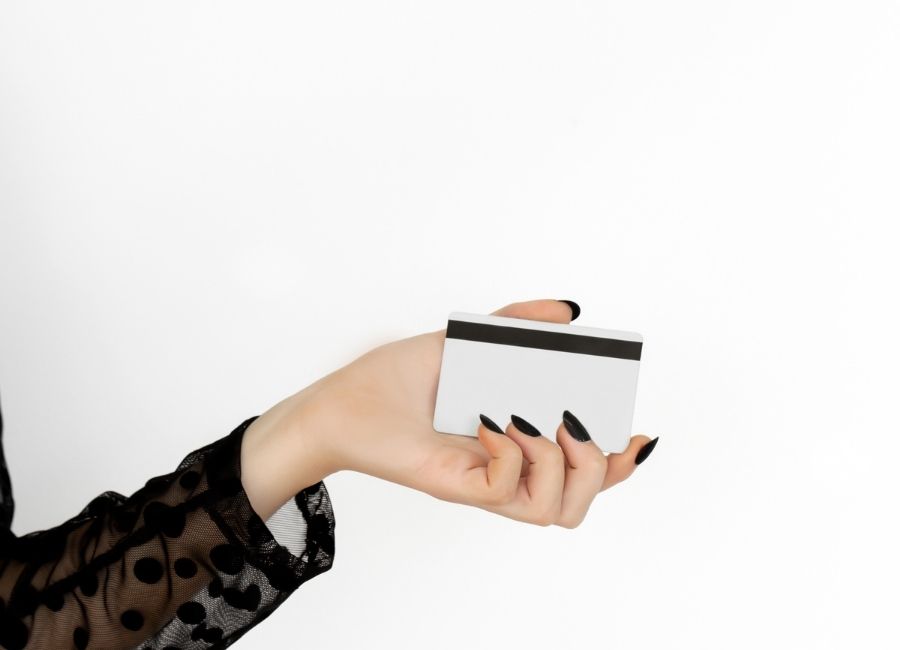When it comes to dealing with debt, especially a lot of it, it can be hard to decide where to start. The lack of direction often leads people to ignore it all together. This is not healthy, in any circumstance. The thing is, the debt is there. It’s not going to magically disappear, and it’s not going to get rid of itself. It takes a conscious effort on your part to get out of debt.
I’m sharing a few insights on where to start when it comes to taking care of debt. The only way to start, is to start. Keep this feedback in mind when you’re coming up with your plan to get rid of debt.
Where to start when dealing with debt…
Build a Small Emergency Fund
Normally we would advise taking care of debt before saving money, but it’s smart to have a small savings in case of emergencies. Setting aside $1,000 (and not touching it) will allow you to focus on taking care of your debt without worry. If you don’t have anything saved and an emergency comes up, you don’t want to be forced to add to the debt you already have.
Cars break down, unexpected doctors trips come up, life just happens. Get a small savings in place and get ready to knock out your debt. Read How to Build a Successful Emergency Fund for more insight into building up your small emergency fund.
Know the Ins and Outs of Your Debt
When it comes to knowing where to start when you are paying down debt, you have to know how much debt you actually have. Make a list of every debt you owe. Once you have your list, start researching each debt. Determine the interest rate, minimum payment amount, due date, and creditor details. All of this information is going to be key to creating your debt reduction plan.
Understand All Debt is Not the Same
Debt falls into two categories: secured and unsecured. Unsecured debt often costs more than secured debt; that’s because secured debt is typically backed by an asset. Mortgages and car loans are examples of secured debt. You are paying down a loan on an asset.
Unsecured debt includes credit cards and personal loans. Interest rates are much higher for this kind of debt. When it comes to unsecured debt, you are simply borrowing spending money. You may be buying an asset with it, that’s irrelevant to the creditor. Getting rid of your unsecured debts first should be a priority.
Change Your Spending Habits
Before you start paying down your debt, you MUST change your spending habits. Your spending is likely what got you into debt in the first place. Start using cash instead of credit cards, don’t buy unnecessary items, and learn to cut back where it counts. You don’t need the most expensive brand of eggs at the grocery store.
Little changes and an acknowledgement of how you spend your money will put you in a better position when you start getting rid of your debt.
Don’t Get Discouraged
Debt is frustrating, but don’t let it get you down. The reality is that you are in this situation and you need to get yourself out of it. Being negative or discouraged is not going to help the situation. The average American has over $15,000 in credit card debt, so know that you are not alone. Check out the article Don’t Let Debt Get You Down to learn more about staying positive through your debt reduction process.
Create a Plan and Stick to It
You’re going to need a plan for paying off your debts. As we mentioned earlier, it’s best to start with credit cards and other unsecured debts first. These often have the highest interest rates, which means they are costing you a lot of extra money. In addition to your budget, allocate where your “debt” money is going to go.
Are you going to pay the minimum amounts on everything but your highest balance? Are you going to pay off your smallest debt first? Before you get your plan in place, decide what reduction plan will make you feel the most productive. Do you want small victories? If so, focus on knocking out small debts first. Do you want powerful victories?
If so, focus your efforts on getting rid of your most expensive debt. Once you decide what you need, create the plan and stick with it.
Related: 5 Mindset Shifts to Help You Manage Debt
Debt has effected all of us, but how we handle it and get ourselves out of it is what really matters. We know you can do, so stay positive girl! What steps did you take to pay down your debt? What helped you stay motivated? Your tips and experiences may help someone else in the community, so leave a comment below to share!






1 thought on “Where to Start When Dealing With Debt”
Ladies, dealing with debt is a financial necessity. @annieann26 @lizcarranza @isalee @alixgregory @carlysommers @cxc1529 @emilyrich34 @tiwelch @enjuli22 @jgstar The CGS Team is sharing wear to start when you’re ready to deal with the debt you have. Check out the article for some great information!